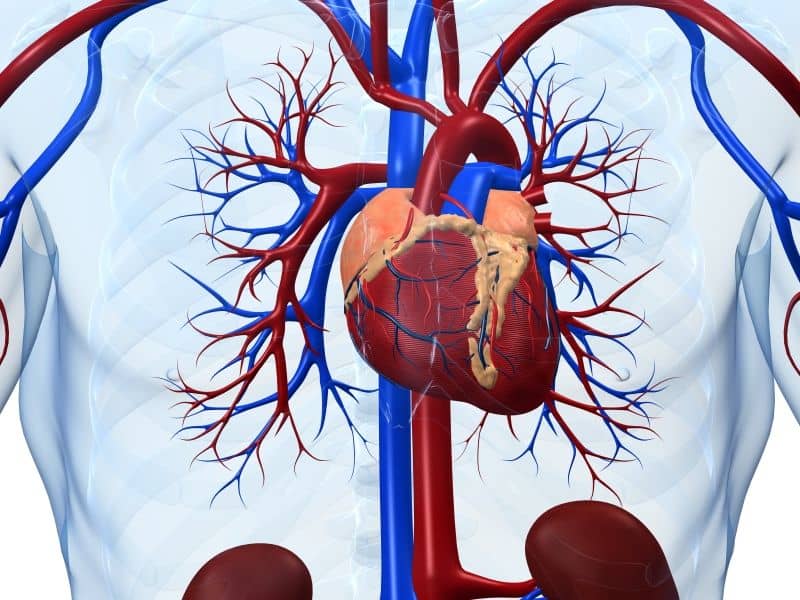Anxiety had been associated with an increased risk of cardiometabolic illness beginning, although the reasons were unknown. For four decades, researchers looked at the future relationship between two anxiety components, neuroticism, and worry, along with cardiometabolic risk (CMR) trajectories. A total of 1,561 men from an ongoing adult male cohort were included in the research. Healthy men (mean age 53 years [SD 8.4 years]) completed the Eysenck Personality Inventory Short Form neuroticism scale and the Worries Scale in 1975. Every 3 to 5 years, 7 CMR biomarkers were evaluated. The number of biomarkers classified as high risk based on specified cut points or medication use determined the CMR score. Researchers modeled CMR trajectories across time using mixed-effects regression and assessed their relationships with neuroticism and concern. Through 2015, researchers looked at the relationship between neuroticism and concern and the risk of possessing more than or equal to 6 CMR high-risk biomarkers using Cox regression. Between the ages of 33 and 65, CMR increased at a rate of 0.8 markers per decade, with males having an average of 3.8 high-risk markers, followed by slower growth of 0.5 markers per decade. Higher levels of neuroticism (B=0.08; 95% CI, 0.02–0.15) and worry (B=0.07; 95% CI, 0.001–0.13) were linked to elevated CMR over time and 13% (95% CI, 1.03–1.23) and 10% (95% CI, 1.01–1.20) higher risks of having more than or equal to 6 high-risk CMR markers, respectively, after adjusting for potential confounders. Higher anxiety levels were linked to stable changes in CMR by middle adulthood, which persists into the old life. Anxious people’s cardiometabolic health might have deteriorated sooner in life, and they might have continued to be at high risk in their later years.
Neuroticism, Worry, and Cardiometabolic Risk Trajectories


